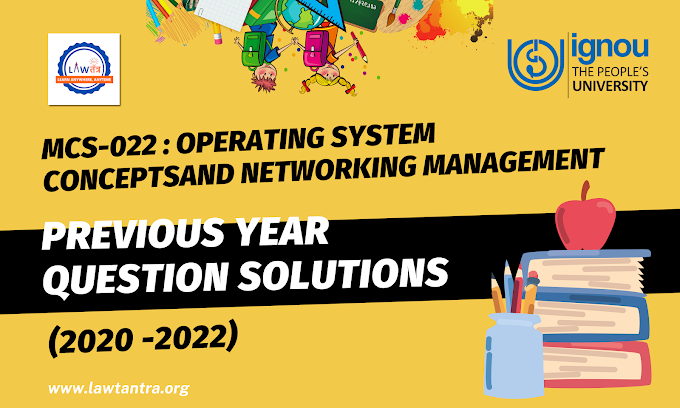1) Scarcity refers to the finite nature and availability of resources while choice refers to people’s decisions about sharing and using those resources. The problem of scarcity and choice lies at the very heart of economics, which is the study of how individuals and society choose to allocate scarce resources.
Some resources are plentiful while others are rare. We tend to think less about the air that we breathe than about how we are going to spend our time on any given day. That is because breathable air is in apparent abundance while the number of hours in a day is clearly limited. Our decision to breathe is not a conscious one and is thus somewhat uninteresting for an economist. On the other hand, a whole branch of economics exists to understand and explain our choices of time allocation: how many hours’ work and how many hours’ play are of fundamental importance to the labour market. It is not just people’s time but also their skills that are in limited supply. Economists are typically concerned with the efficiency of any allocation: how can the most be made of such scarce resources?
While mainstream economics focuses on the preferences and decisions of individuals in society, evaluating the allocation of scarce resources within a society necessitates some aggregation of preferences in order to judge the utility of an allocation to society as a whole (see the article on welfare economics). Thus, not only the efficiency of an allocation but also its equity, or distributive fairness, is relevant to the study of scarcity and choice. Indeed, the issue of equity is central to the debate on free-market versus planned economies.
The scarcity of a resource in a particular context can be quantified and hence judged objectively. Traditionally, economists have also studied people’s choices over scarce resources as though they were taken through simple, objective and rational calculation. Of course, people’s decision-making is not purely rational; it is affected by emotion too. The fast-developing subfield of behavioural economics applies insights from human psychology to enrich economists’ understanding of choice at a more subjective level.
The basics of supply and demand tell us that the price of a rare item will be higher than that of a common one. Marketing teams often apply the concepts of scarcity and choice along with ideas from psychology to make money: if the impression can be given that an item is in scarce supply then some people will be willing to pay more for it, or to bring forward their purchases. Mind games about scarcity are played out through campaign statements such as “Buy it while it lasts!”, “Last chance to order!” or “Limited offer!” precisely in order to influence consumer choice.
For an interesting discussion about the scarcity of a clear definition of economics and how economists have chosen to present their discipline over the years, see Backhouse and Medema's “Retrospectives: On the Definition of Economics” (Journal of Economic Perspectives, 2009).
What Is Opportunity Cost?
Opportunity costs represent the potential benefits an individual, investor, or business misses out on when choosing one alternative over another. The idea of opportunity costs is a major concept in economics
Because by definition they are unseen, opportunity costs can be easily overlooked if one is not careful. Understanding the potential missed opportunities foregone by choosing one investment over another allows for better decision-making.
While financial reports do not show opportunity costs, business owners often use the concept to make educated decisions when they have multiple options before them. Bottlenecks, for instance, are often a result of opportunity costs.






0 Comments
Please do not enter any spam link in the comment box.